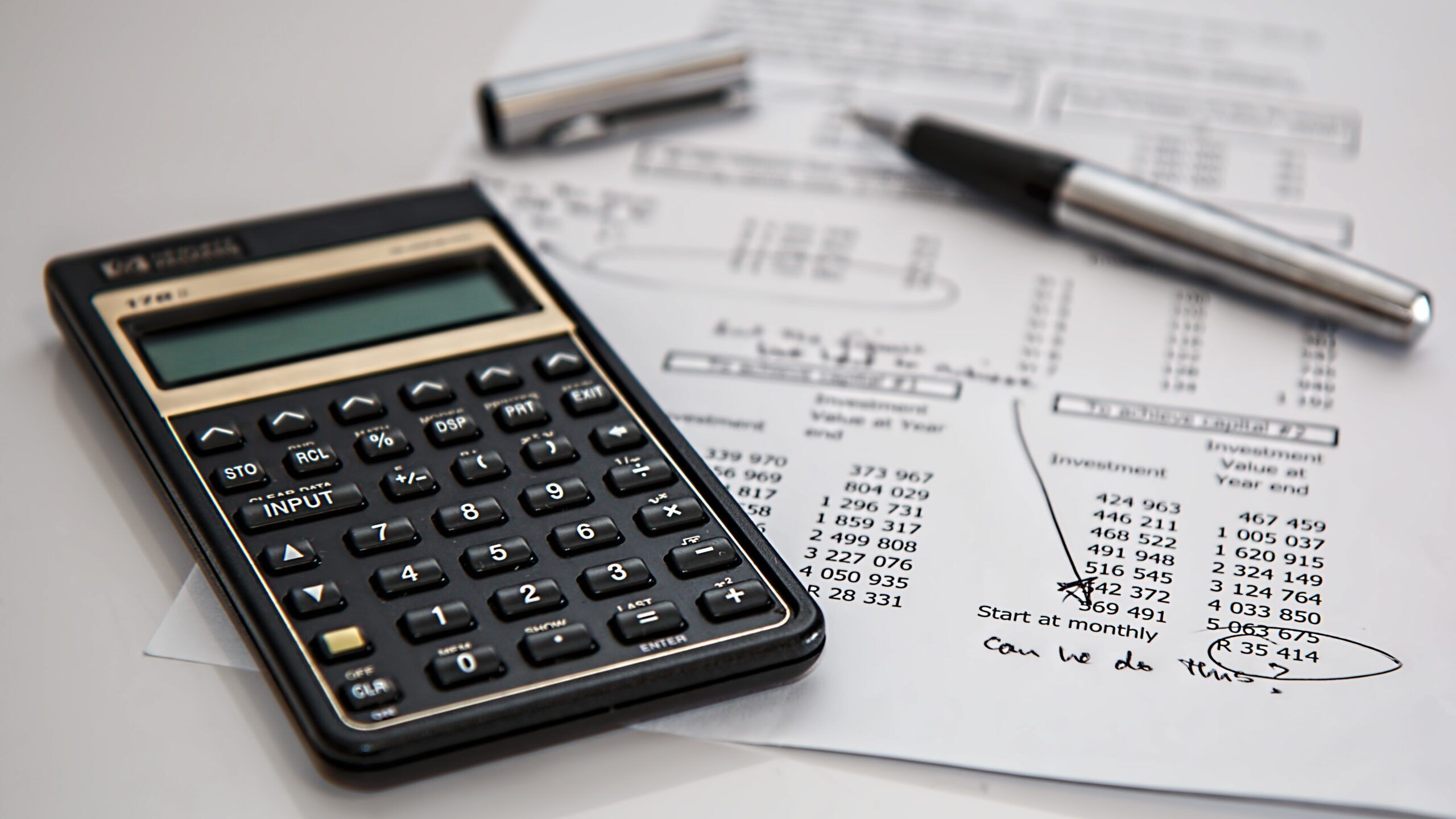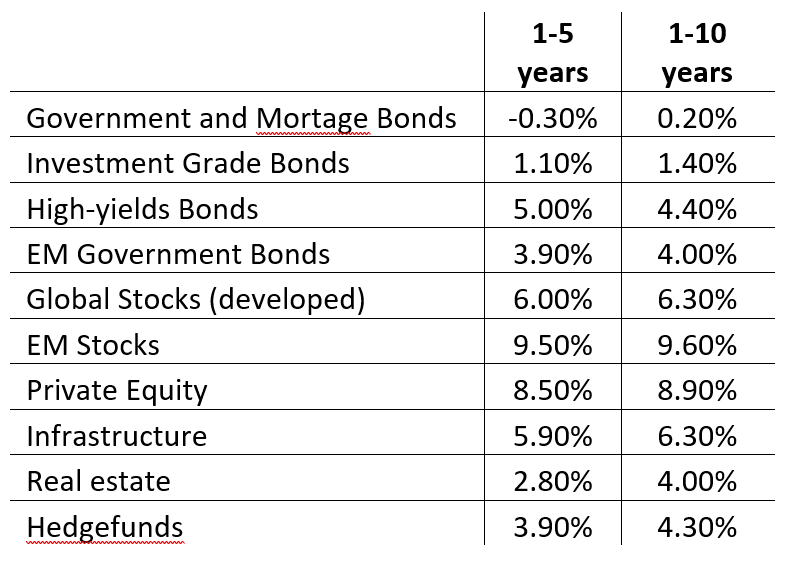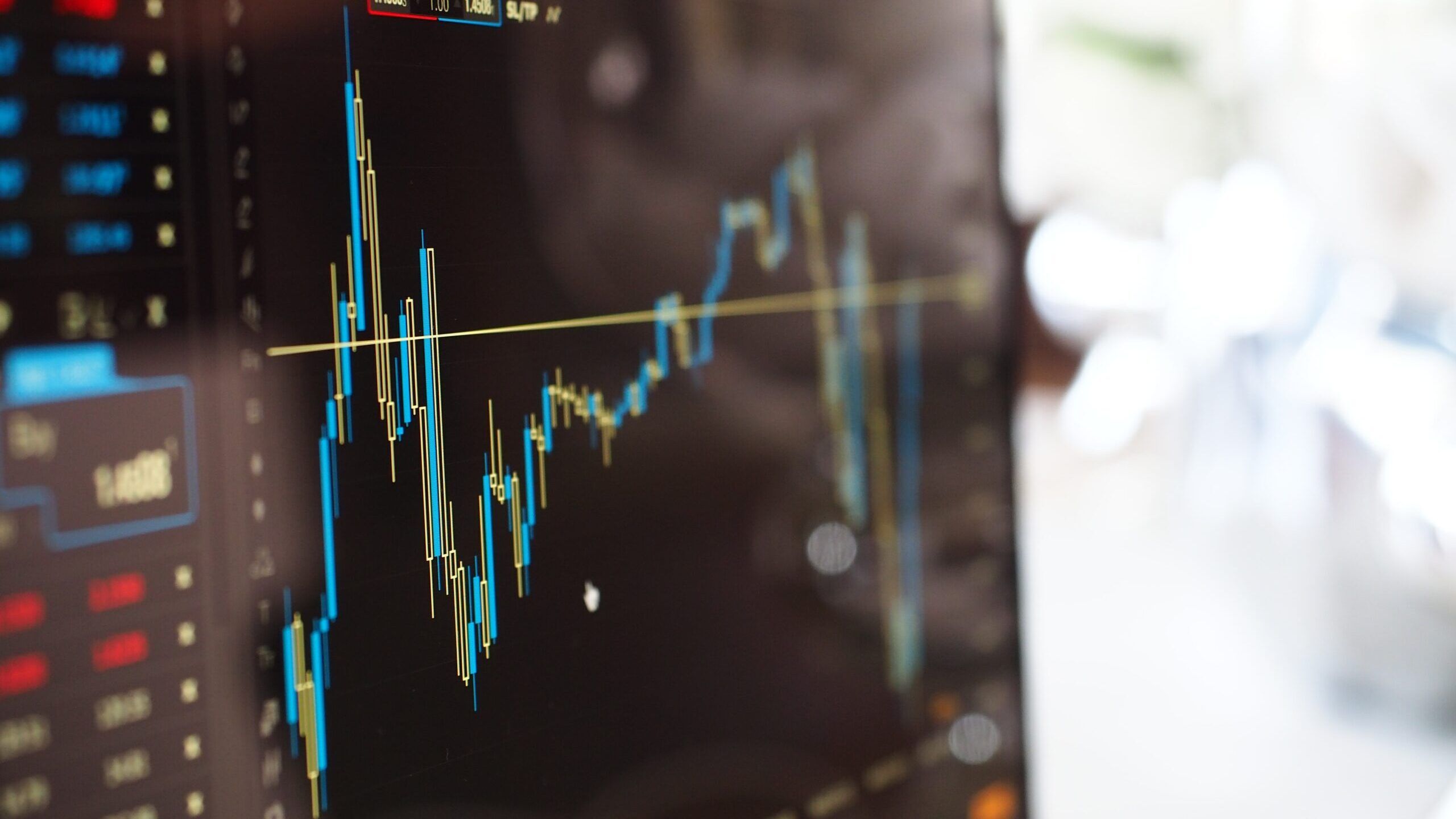What is a share?
Knowing where different shares types differ is essential to create a robust portfolio with diverse investments.
What is a share?
Owning stock is the same as owning a share of a company. Thus, when you buy a share, you become the co-owner of the company in question. The ownership entitles a part of the company’s share capital and, as a rule, gives voting rights at the company’s general meeting. A stock can be listed; that is, it is registered that you bought this particular stock, and it gives you access to accounting and other information from that company.
Some companies have divided their shares into several classes of shares, typically Class A- and Class B-shares. A shares often have a higher number of votes than B-shares, and in contrast, B-shares may have a higher dividend than A-shares.
How to buy Unlisted shares.
An unlisted company is not traded on a stock exchange, which is why the marketability is significantly lower than on the stock exchange. Therefore, the buyer has to find a seller to buy the share and vice versa when selling.
The price of an unlisted share is often an expression of the company’s intrinsic value divided by the number of shares with a deduction or surcharge depending on whether it is a purchase or sale. As there is no market price to evaluate the company’s value, the intrinsic value of the company is often what the share price is based on. This is usually calculated only once a year in connection with the closing of the annual accounts. The price can also be set based on expectations of the company’s future earnings and the limited possibility of marketability of the share. This method can give a value that differs markedly from the intrinsic value.
Return on shares.
The return on shares consists partly of stock dividends from the company and partly of changes in price over time. Dividend is an expression of how much of the company’s profits are paid to shareholders. The size of the dividend is decided at the company’s general meeting. The change in price is an indication that the value of the stock fluctuates over time.
what is the risk.
The determination of an unlisted share’s trading price can fluctuate significantly in relation to net asset value, depending on how earnings expectations in the company in question develop. These expectations are affected by the general economic situation and the development of the market in which the company is located. In the worst case – if the company goes bankrupt – the investor can lose the entire amount invested. Risk can be divided into company, market, and currency risks.
Company risk is the risk associated with the individual company and can, for example, be earnings difficulties, dependency on particular customers, key people, or other challenges.
Market risk is a risk common to all companies or groups of companies engaged in the same area. These are external events or changes that affect all companies within individual industries or in a single country. For example, it can be cyclical movements, interest rate developments, or political factors that change the market situation in a particular industry.
Exchange rate risk is the risk of fluctuations in the exchange rate of shares traded in another currency. Consequently, the exchange rate risk is not present for unlisted shares traded in Danish kroner.
Pension savings in unlisted shares.
When investing pension funds, be aware that special rules apply to how you invest your savings. There is the following ceiling on how much you can invest in unlisted shares:
- 20% of pension assets under DKK 2 million saved in the same bank
- 50% of pension assets between DKK 2-4 million saved in the same bank
- 75% of pension assets over DKK 4 million saved in the same bank. Also, the individual investment must be at least DKK 100,000, and the investor must not own 25% or more of the capital of an unlisted company.
Contact us for further advice on this.
Tax considerations.
The tax treatment of return on equity investments differs depending on the type of funds you use for investment. There is a difference in the taxation of return on shares, which comes from investing in free funds, pension savings, child savings, or corporate assets, respectively. Shares are not suitable for investing funds in the corporate scheme. The tax treatment may vary and change depending on your tax circumstances or as a result of changing tax rules. We recommend contacting an adviser about the tax consequences of an investment.













